Morocco suffers from stereotypes that damage its image
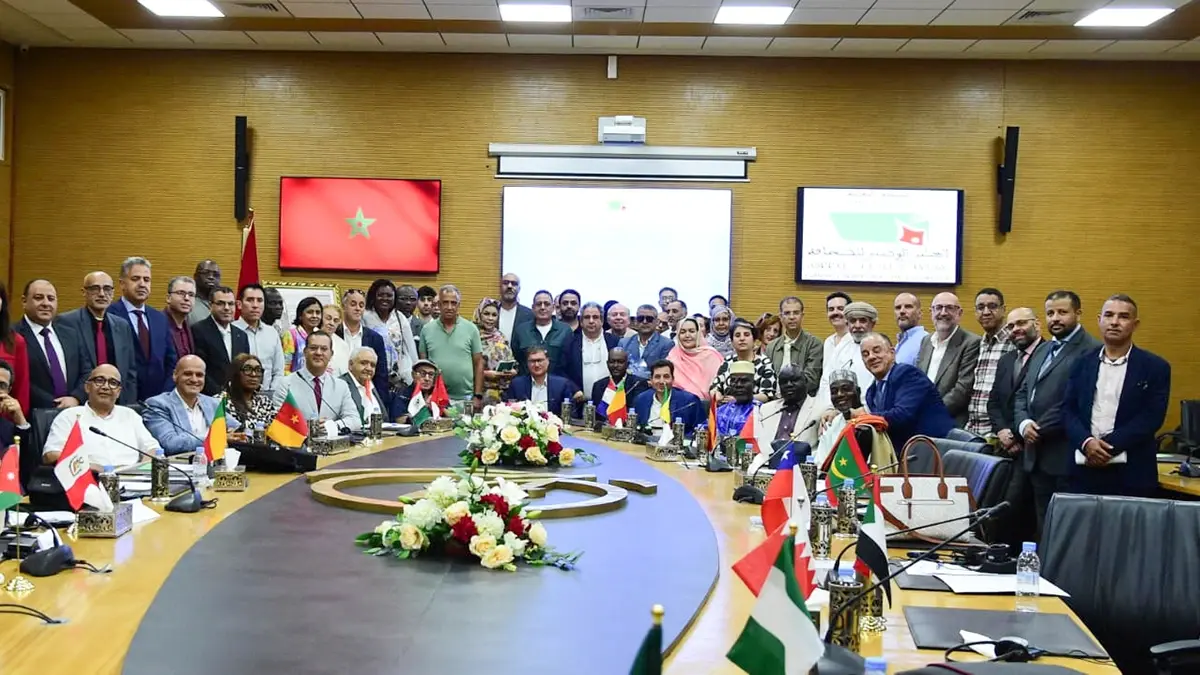
Media coverage of Morocco must go beyond simplistic representations and recognize the country as an influential regional player and a strategic and reliable ally for Spain. It is a country characterized by its cultural richness, although it suffers from stereotypical representations in the Western media that lack depth.
These reflections were drawn from an international journalism meeting in the city of Dakhla, entitled “The Complementarity between Quality Journalism and Media Education,” which brought together journalists, researchers, experts, and academics from Arab, African, European, and Latin American countries.
Hoaxes affect the social fabric of a country
The biased or stereotypical representation of certain cultures perpetuates prejudice. If we give voice to different perspectives, we will contribute to fostering mutual understanding and respect, thereby identifying the biases and hidden messages that damage the image of a country such as Morocco.
In this regard, Salem Al-Jahouri (academic expert from Oman) has argued that intercultural dialogue is a process of understanding that leads to peace between peoples, so “we must not remain trapped by clichés, but rather protect our common values.”
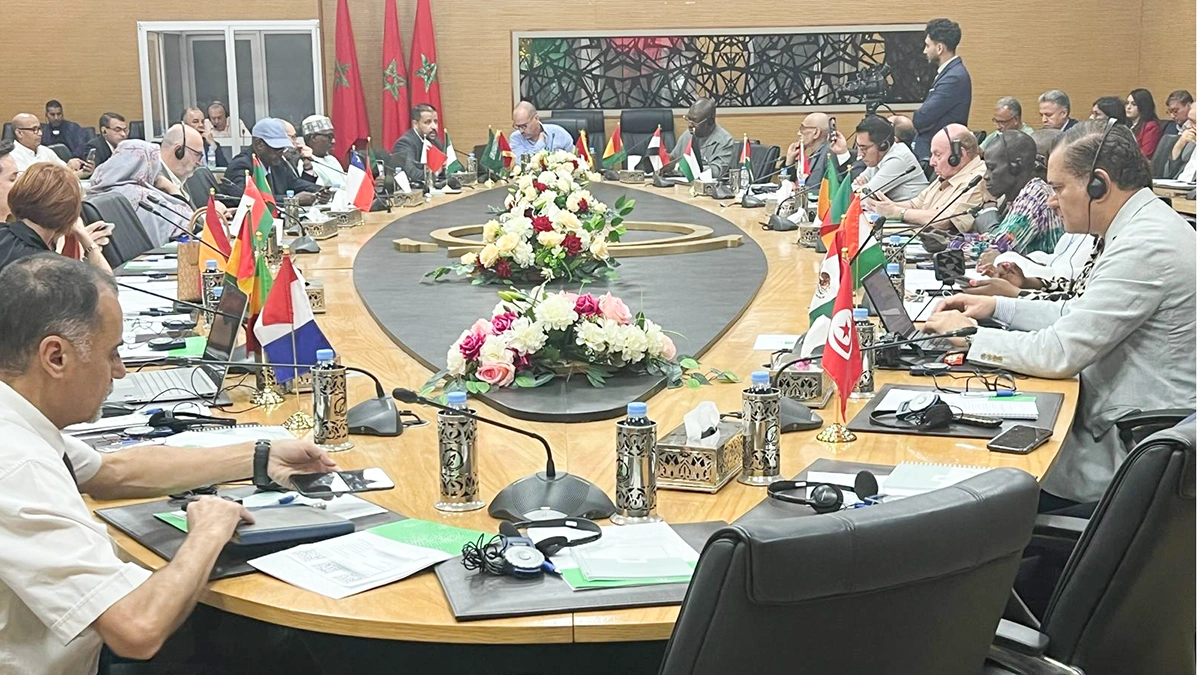
Quality journalism also plays a crucial role in eradicating discriminatory, hateful, or violence-inciting discourse. In this regard, Fanou Bissan Ignace, editor-in-chief in Benin, referred to the charters and codes of quality (documents that define principles and rules) in the African media, highlighting the following as key elements of quality in information: respect for dignity and privacy, transparency, correction of errors, proper use of AI, protection of media independence, and promotion of important ethics.
In this space for dialogue and exchange of experiences, the conclusions drawn about the cultural, social, and professional links between Morocco and Spain point to ethics and good practices as the cornerstone of communication to strengthen bilateral ties between the two nations.
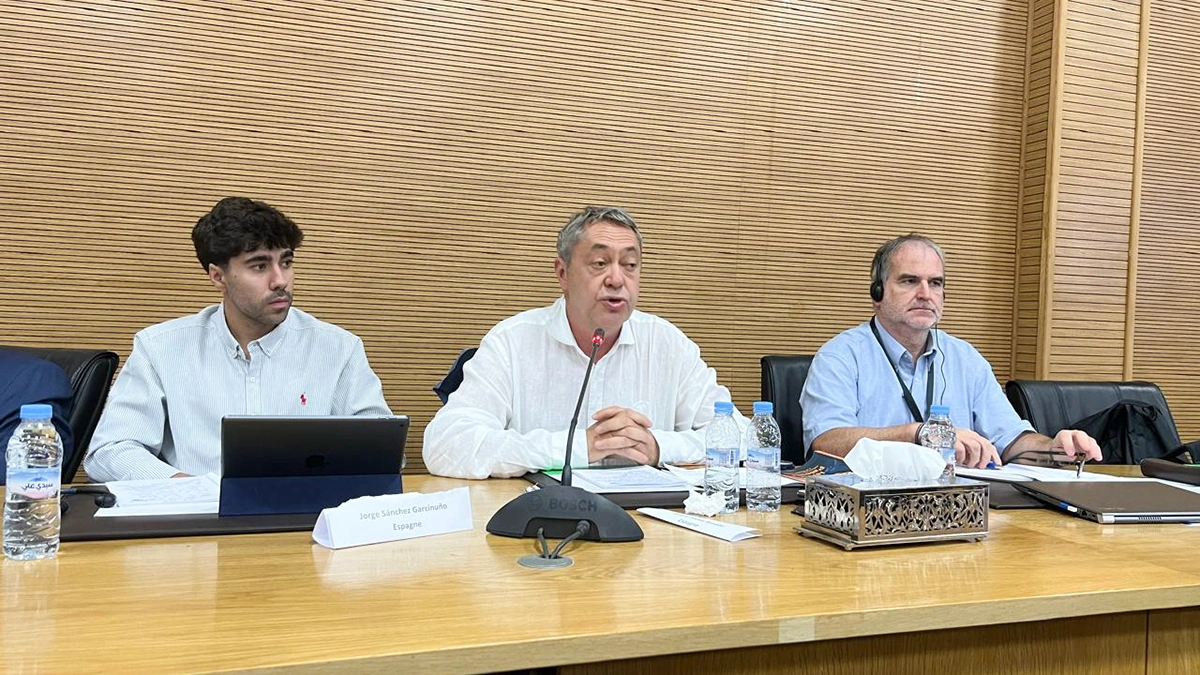
Omar Cepeda Castro, journalist, columnist, and international news anchor, shared his experience in Mexico, referring to the idea that stereotypes are the human characteristics that have caused the most damage throughout history, which is why it is necessary to create platforms or feedback mechanisms that allow for the systematic continuity of interconnection between countries such as Morocco and Mexico. “Latin America and Morocco are strengthening the bridges that unite cultures and opportunities.”
For his part, Álvaro Frutos, a Spanish lawyer and expert in risk management, institutional relations, communication, and teaching, has brought to light the existence of empty public discourse, in which AI is not the problem, but rather a new model of non-thinking. In his own words, “the EU is paralyzed, Latin America is far from the decision-making table, and Africa is a threat to the European bloc through the dissemination of a narrative that generates xenophobic attitudes toward the phenomenon of migration.”
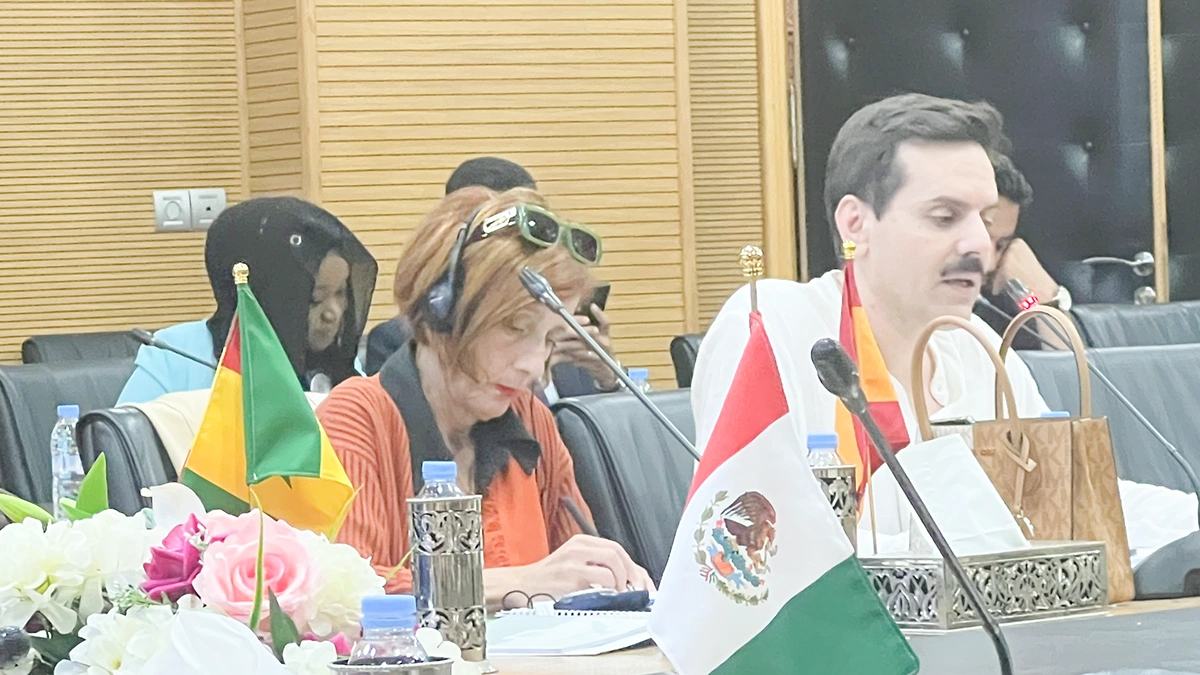
Numerous political movements have taken advantage of this situation of confusion to exploit human causes such as migration. In the Mediterranean, according to expert Frutos, all cultures and societies should come together, “and the younger generations should never forget that the world did not begin with Google.”
In this context, professionals must govern their writing according to the values, principles, and standards of true professionalism—such as objectivity, independence, and integrity—avoiding the abusive use of “scoops,” poor verification and research skills, reliance on unreliable sources, and a preference for sensationalism and exaggeration in the pursuit of broad visibility.
Odette Cheinfora Konaté, director of the Institute of Journalism, has highlighted the idea of media education in the face of the socialization of the individual by the media, hence the urgent need to educate citizens and educate oneself, as well as to acquire skills that study social changes. Access to the journalism profession can be achieved simply with a smartphone and an internet connection.
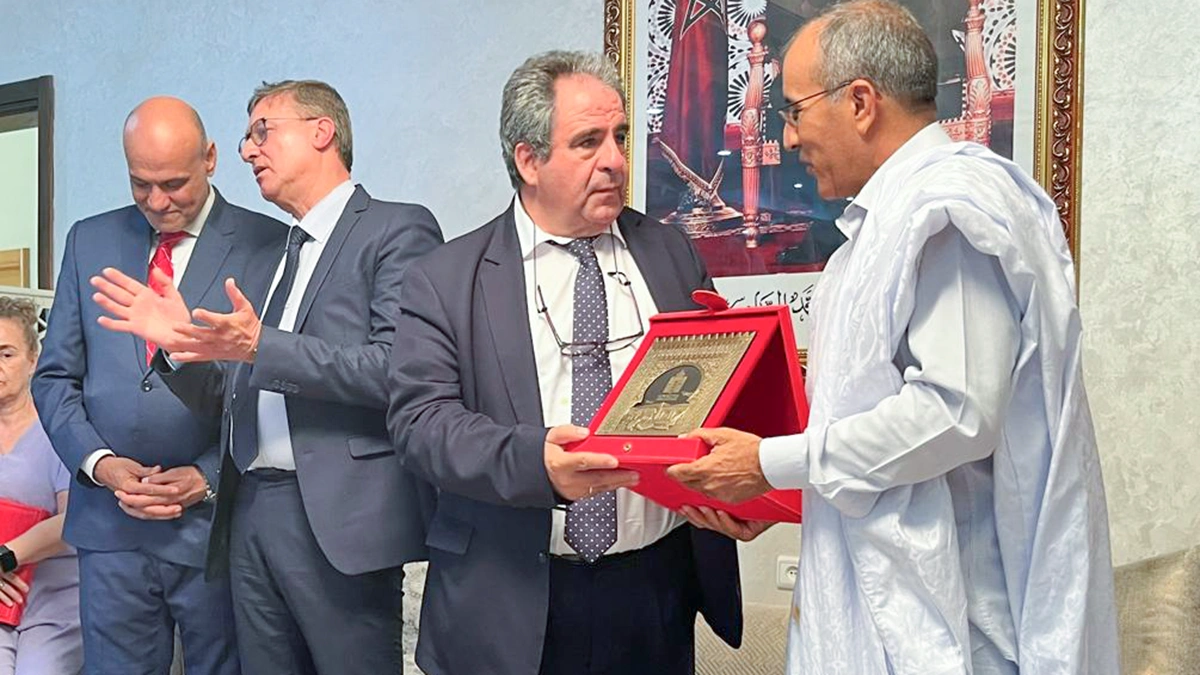
Noise drowns out meaning
Chilean journalist Francisco Martorell Camarella has welcomed the development of debates such as this one, where the idea of transition arises, because facts coexist with or are buried by fake news, driven by political interests, and even algorithms that fabricate lies. “The role of journalists is to inform and facilitate their own criteria.” The infodemic is resistant to the truth, which disintegrates into informational dust.
In the midst of global uncertainty and constant change, where we are witnessing a shift in the world order, the media faces an unprecedented challenge: to publish news that will be read in the shortest possible time, sometimes without verifying sources, alongside the proliferation of fake news on social media, which is growing steadily.
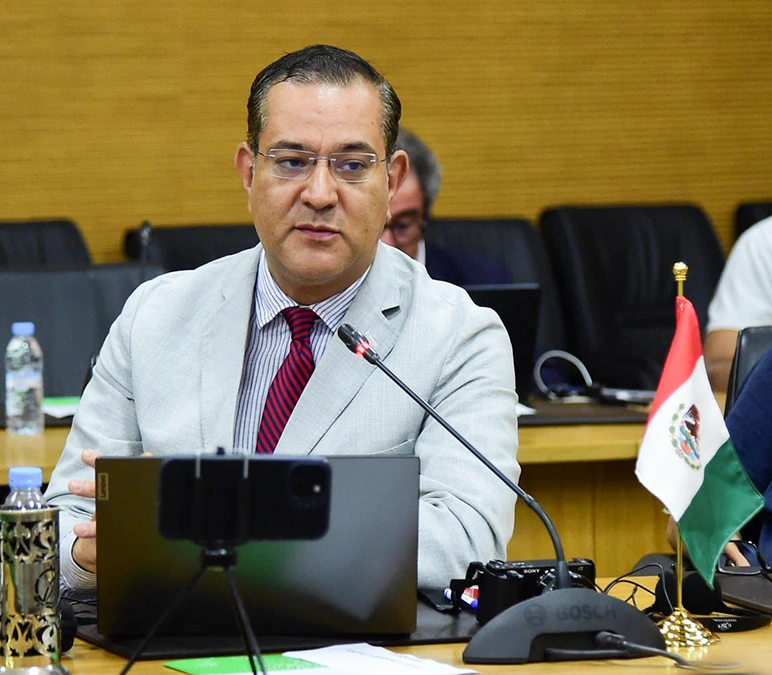
The dissemination of misleading information generates confusion and mistrust. All of this threatens the future of the profession, not to mention the unfair competition from large global platforms and the interference of social media, which undermine the proper functioning of the profession.
The expert from Mali, Abubakar Abdelwahidou Maiga, encouraged those present to learn about Mali's experience, as it is the common thread running through the entire continent. He denounced the lack of media coverage and follow-up on conflicts such as the Sahel, without overlooking the fact that the lack of security on the ground makes it difficult to confirm news stories. Information overload favors the authorities in terms of the success of government action.
Misinformation already exists and is a source of income to divert attention from the issue of conflict. “In Mali, there is a form of journalism that exercises hegemony in rapid transmission, thus enabling the implementation of new models and values that pave the way for the consecration of the false truths of wars.”
Carmen Chamorro, CIP/ACPE executive and graduate in International Relations and Global Tourism from SEI








